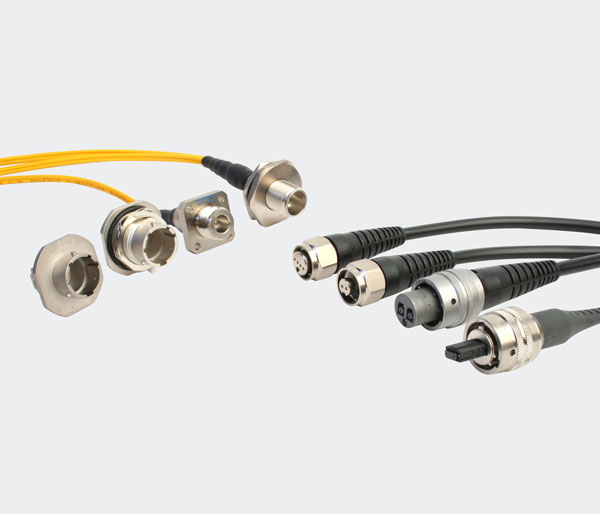According to the US Wall Street Journal, the Trump administration is considering new trade restrictions on Huawei. The United States will try to cut off Huawei’s semiconductor supply. All companies worldwide that intend to use American equipment to produce chips for Huawei must obtain a US license. American chip industry sources say this will cut off China’s access to key semiconductor technologies.

It is reported that the US Department of Commerce is drafting and amending the so-called “foreign direct product rule,” which restricts foreign companies from using US technology for military or national security products. A person familiar with the matter said that if China’s Huawei plans to use US equipment to produce chips for Huawei, the US Department of Commerce may require chip factories around the world (using US equipment) to obtain production licenses.
According to a person familiar with the matter, these changes have been discussed for several weeks, but have not been proposed until recently, and a rule will be added to limit the ability of US companies to supply Huawei from overseas. The new rules are part of a series of measures the US has taken in recent months to limit trade in chips with China. A source familiar with the matter said that “they (the United States) do not want any chip maker in the world to produce anything for Huawei.”
However, people in the US semiconductor industry say that although the move is intended to slow China’s technological progress, it may disrupt the global semiconductor supply chain and weaken the growth of many American companies. Nonetheless, the proposal shows the blunt measures taken by the Trump administration to try to cut China’s ties with the U.S. semiconductor industry. According to reports, semiconductors have been one of China’s most imported products from the United States, and not everyone within the US government supports this idea. According to the Wall Street Journal, US President Trump has not yet reviewed the proposed changes from the US Department of Commerce. At present, Trump is also considering cutting off the connection between large Chinese-made aircraft and the world’s advanced jet engine technology.
Some people familiar with the matter said that if the United States restricts the use of semiconductor manufacturing tools, it may harm China’s domestic chip industry because it is difficult for Chinese chip manufacturers to find sufficient alternatives from other countries. It may also disrupt the global chip manufacturing supply chain, forcing non-Chinese chip makers to choose between continuing to supply Huawei and buying US equipment. Manufacturers of American chip manufacturing equipment, such as Applied Materials Inc. (AMAT) and Lam Research Corp. (LRCX), are the largest in the industry. The equipment they make is one of the most expensive in the world. Building a modern chip factory typically costs billions of dollars, and new US government restrictions on US equipment may prompt their customers to switch to alternative products in other countries. One person familiar with the matter said: “This will greatly impede the use of US equipment by any fab in the world, because US equipment will be subject to US government restrictions compared to Japanese or Chinese equipment.” And once these restrictions are implemented, they may affects semiconductor design companies, many of which are U.S. companies, because they do not produce their own hardware but rely on contract chip makers.
Customers of companies such as TSMC, the world’s largest foundry chip maker, usually come from all over the world. Restricting Huawei’s business by the US government may hit TSMC’s sales to Huawei and affect TSMC’s investment in research and development. According to the industry, TSMC’s total sales last year exceeded $ 35 billion, of which more than 10% came from Huawei chip manufacturing subsidiary Hisilicon Technology.
According to reports, after the United States imposed restrictions on the sale of chips to Huawei last year, some companies can continue to ship through a rule that allows sales of chips to Huawei to continue with less than 25% of products made in the United States. The U.S. Department of Commerce has proposed reducing this threshold to 10%. The U.S. Department of Defense initially opposed stricter restrictions on the grounds that it might harm the interests of U.S. companies, but the U.S. Department of Defense later abandoned its opposition to the plan. The implementation of the plan cleared the way. According to a person familiar with the matter, U.S. government officials are scheduled to meet on February 28 to discuss lowering the threshold for sanctions and possible broader restrictions on chip makers targeting Chinese consumers. The source said the US export ban could be extended to include more Chinese companies.
A current Huawei spokesman declined to say what would happen if the new rules were implemented, and declined to comment. And Applied Materials Inc. (AMAT) and Lam Research Corp. (LRCX) did not respond to an interview request from the Wall Street Journal.




